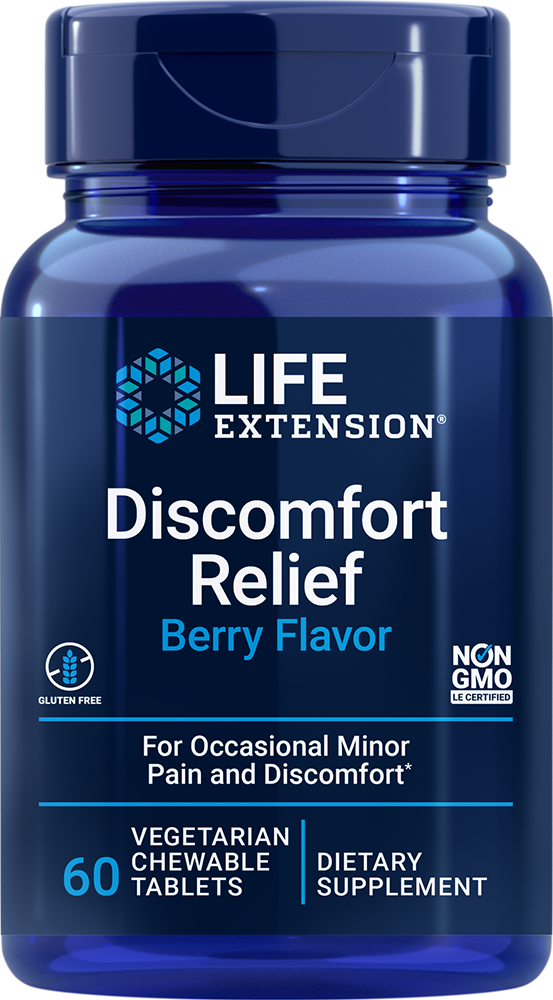
Newsletter
Newsletter
Life Extension®-sponsored trial finds KaempMax™ Kaempferia parviflora extract enhances male sexual health



This issue of Life Extension® Update is the first in our "Best of Life Extension® Update” series, in which we take a look back at some of the most important stories in the field of life extension over the past several years.
May 21, 2019
The June 2018 issue of the Journal of Integrative Medicine published positive findings from a pilot trial sponsored by Life Extension® that evaluated the effects of KaempMax™, an extract of Kaempferia parviflora rhizome, in men suffering from erectile dysfunction. Kaempferia parviflora is a plant native to Malaysia, Sumatra and Thailand that has been traditionally used for hypertension and other conditions, including sexual enhancement.
"The benefits of K. parviflora for endothelial function and cardiovascular health, and the intimate connection between these two and male sexual health, open the promise of using K. parviflora for supporting erectile health," write authors Richard A. Stein, MD, Ph.D., and colleagues. "Several in vitro, animal and human studies support the use of K. parviflora for improving sexual health."
The trial included 13 healthy men between the ages of 50 and 68 who received 100 milligrams of KaempMax™ per day for 30 days. The International Index of Erectile Function (IIEF) questionnaire and other assessments were completed at the beginning and end of the study.
After 30 days, total IIEF scores, as well as scores for erectile function and intercourse satisfaction domains, significantly improved. The product showed an excellent safety profile, as determined by physical examinations and blood testing of the participants. "Results from our study together with those previously published suggest that K. parviflora extract may benefit male sexual health and provides an option for those seeking nonprescription alternatives," commented study coauthor Andrew G. Swick, Ph.D., senior vice president of product development and scientific affairs for Life Extension®.
The findings add to those of a study conducted in Thailand in 2012, which found improvement in the erectile response of older men treated with K. parviflora rhizome extract. "Both the Thai study and our pilot study found no changes in testosterone levels with K. parviflora treatment, suggesting that it mediates its effects via non-hormonal mechanisms," noted coauthor Dr. Steven Hirsh, director of clinical research at Life Extension.
"This exciting new pilot study lends support to traditional Asian medicinal uses of K. parviflora for male sexual function," Dr. Stein concluded. "We are hopeful that these findings will spur larger trials exploring the potential of K. parviflora extracts to enhance men’s sex lives."
With your answers to a few simple questions, we will help you choose the heart health supplements that are right for you.
Take the Quiz |
|
|||||||||||||||||
|
||||||||||||||||||
 |
|
|||||||||||||||||
|
||||||||||||||||||
How Life Extension lab testing works
Connecting to Agent...
Who would you like to talk to?
Chat Hours:
Visit Contact Us or Call us:
7 days a week | 24 hours
Mon - Fri | 7:30 AM - 12 AM (ET)
Sat & Sun | 9 AM - 12 AM (ET)
How was your experience with our Agent?